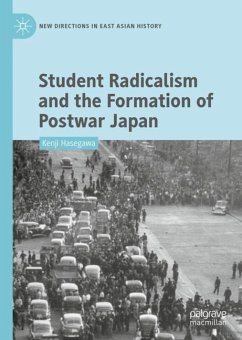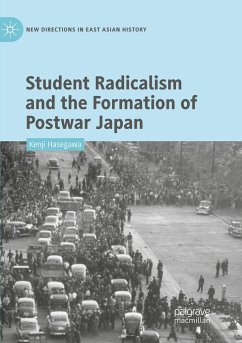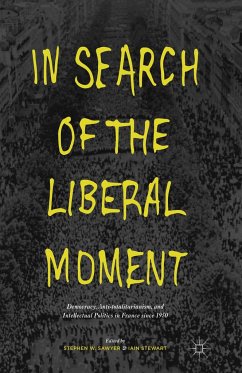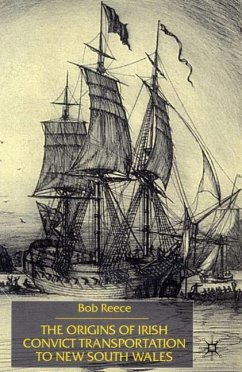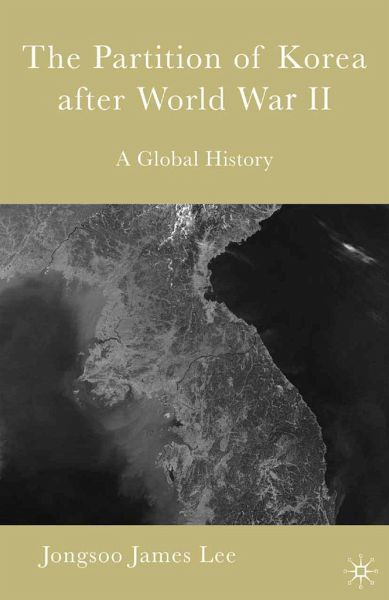
The Partition of Korea After World War II
A Global History
Versandkostenfrei!
Versandfertig in 6-10 Tagen
38,99 €
inkl. MwSt.
Weitere Ausgaben:

PAYBACK Punkte
19 °P sammeln!
Drawing on multi-archival research in Korean, Russian and English, this book looks at the complexity and changes in Stalin's policy toward Korea for answers about the division of Korea in 1945 and the failure of reunification between 1945 and 1948. Lee argues that the trusteeship decision is key to the division's origins and permanency.





